 |
| |
| |
| |
| |
| |
| |
| Russia started its invasion of Ukraine, with its troops taking over the Chernobyl nuclear site north of Kyiv. In the U.S., President Joe Biden announced new sanctions that he says inflict harm to Russia for starting a war "without provocation, without justification, without necessity." |
| Hi, It's Abbey and Julius, here with Thursday's news. |
| But first, want to support the people of Ukraine? These apps and websites can help you send money to those impacted by Russia's invasion. |
| The Short List is a snappy USA TODAY news roundup. Subscribe to the newsletter here or text messages here. |
Russia invades Ukraine |
| Russia began a military operation into eastern Ukraine at roughly 9:30 p.m. EST (4:30 a.m. in Ukraine). Russian President Vladimir Putin launched the military operation with the goal of overtaking the Ukrainian government and installing a Kremlin-backed one, according to a senior U.S. military official who was not authorized to speak publicly. It is the largest invasion in Europe since World War II and has the potential to be very bloody and very costly. Ukraine's defense ministry said it was fighting Russia in both the country's north and south, and a Ukrainian official says Russia has taken over the Chernobyl nuclear site after a fierce battle. |
| • | Why is Russia invading Ukraine? Putin claims the objective of the attack is to defend the Russian-speakers in Ukraine. Ukraine's foreign ministry said Russia's intent was to destroy the state of Ukraine, a Westward-looking democracy intent on moving out of Moscow's orbit. | | • | Will U.S. help Ukraine in war vs. Russia? Biden and Pentagon officials have said repeatedly that U.S. troop movements in the region are temporary and defensive. "These are totally defensive moves on our part. We have no intention of fighting Russia," Biden said in an address to the nation Tuesday. "We want to send an unmistakable message, though, that the United States and its allies will defend every inch of NATO territory." | | • | Who are Russia's allies in the Ukraine conflict? Few countries have offered support to Russia after Putin announced plans to invade Ukraine, including China and Belarus. Other Russian allies and neighboring countries like Armenia, Kazakhstan and Azerbaijani have remained quiet in light of the country's attack. | | • | How one Russian export could play a critical role in Ukraine conflict: The U.S and its allies are reviewing the additional, heavy sanctions that it can levy against Russia. The biggest weapon for both sides may be a commodity that most homeowners take for granted — natural gas. One of the largest sources of revenue for Russia is the natural gas it supplies to western Europe, much of it through pipelines. | | • | What happened at Chernobyl? Russian troops have captured the Chernobyl nuclear site, north of Kyiv, raising questions about its history. | |
| The latest from Ukraine, straight to you: Sign up for the Ukraine-Russia crisis email. |
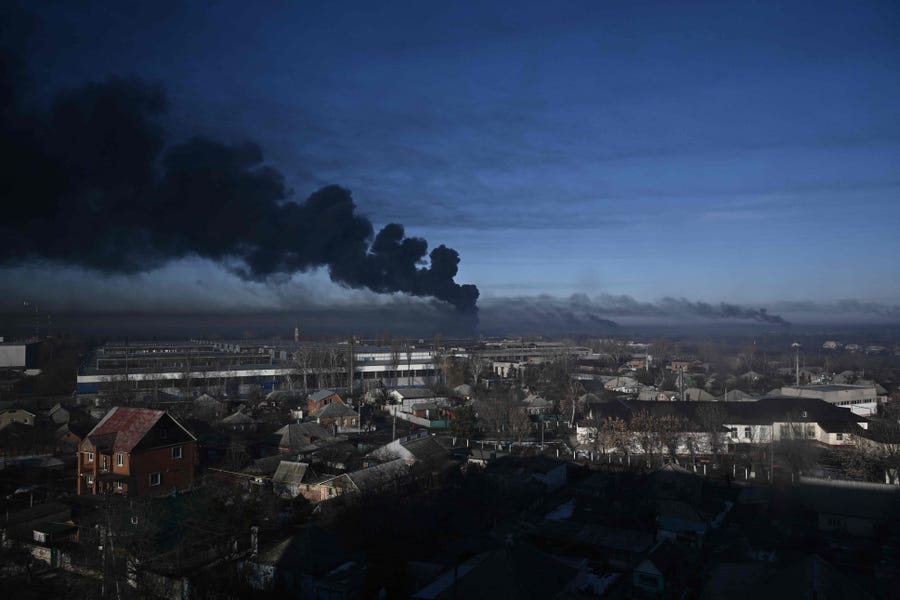 | | Black smoke rises from a military airport in Chuguyev near Kharkiv on Thursday. | | ARIS MESSINIS, AFP via Getty Images | |
Biden announces new sanctions, says Putin 'chose this war' |
| Biden announced a new round of sanctions that he said would inflict harm on Russia for starting a war "without provocation." "Putin's aggression against Ukraine will end up costing Russia dearly – economically and strategically," Biden said. "We will make sure that Putin will be a pariah on the international stage." Speaking just hours after Russia began a large-scale military attack on its democratic neighbor, Biden condemned the invasion, calling it "a premeditated" attack that will cause widespread human suffering. Putin has been planning the assault for months, rejecting "all good-faith efforts" by world leaders to resolve the crisis without bloodshed, Biden said. The president also announced the U.S. would deploy additional forces to Germany to help bolster the NATO alliance along the eastern flank. "This aggression cannot go unanswered," Biden said. "America stands up to bullies. We stand up for freedom." |
| |
What everyone's talking about |
| |
| The Short List is free, but several stories we link to are subscriber-only. Consider supporting our journalism and become a USA TODAY digital subscriber today. |
Will parents of transgender kids be investigated in Texas? |
| Gov. Greg Abbott ordered the Texas child welfare agency to investigate reports of "gender-transitioning procedures" as child abuse. Critics say it's an unprecedented move, even amid a national push by GOP leaders to restrict transgender rights. Legal experts say the order from the Texas governor, based on an opinion by state Attorney General Ken Paxton, is legally dubious and is likely to face a series of challenges in court. Abbott's order has led to concerns that all transgender youths and their parents will face the potential of being investigated. Teachers, for example, could face punishment for not reporting a trans student considered at risk of receiving gender-affirming care, some advocates have said. And while experts say there are legal hurdles standing in the way of that interpretation, the intimidation trans youth and their parents feel is real. |
| |
Does the idea of going back to the office make you anxious? |
| After a few false starts, organizations from banks to nonprofits to hospitals are once again gearing up to bring their employees back to the office. By the end of March, every state except Hawaii would have dropped indoor mask mandates, paving the way for more in-person work schedules. But after two years of remote work, how will workers' transition back to the cubicle play out? While some are excited about the chance for renewed social interactions and mentorship, others are grappling with feelings of anxiety, depression and even a fear of reentering the workplace, experts say. People have discovered two benefits of being remote, namely eliminating the psychological and financial costs of commuting and realizing that they can be more productive. |
| |
Real quick |
| |
Are your leftovers safe? Here's how to safely store rice, noodles |
| A case of meningococcal purpura fulminan in a 19-year-old who had eaten leftover rice, chicken and lo mein has drawn renewed attention to safely storing and reheating leftovers. Experts warn against improperly storing leftover rice because rice, pasta and other foods contain a bacterium called Bacillus cereus. When heated and left out too long, the bacteria produce a toxin. Katherine Zeratsky, a registered dietician nutritionist at the Mayo Clinic, said, "Cooking things properly will kill most of the bacteria, and then handling after to ensure that too much bacteria doesn't grow" can help keep your food safe. But if you want to store leftovers, "cooling your leftovers quickly, within two hours, to refrigerator or freezer temperatures is considered safe," Zeratsky said. |
| |
A break from the news |
| |
| This is a compilation of stories from across the USA TODAY Network. Want this news roundup in your inbox every night? Sign up for The Short List newsletter here. |
| |
| MORE ARTICLES |
| |
| |
| |

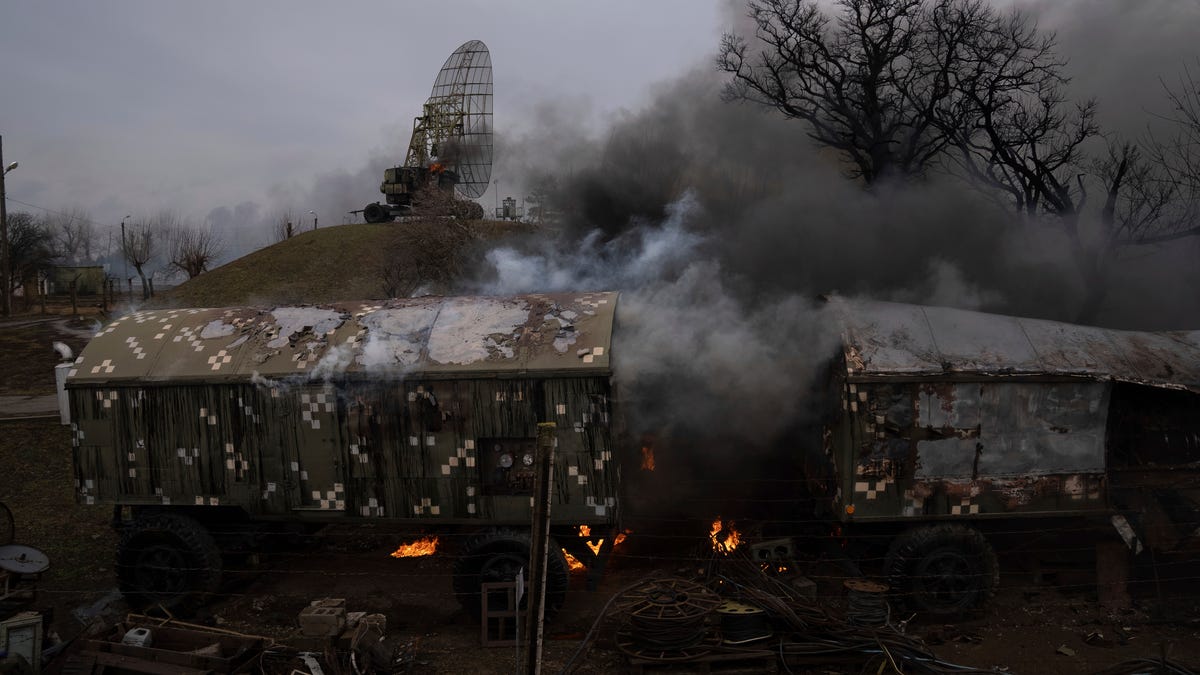

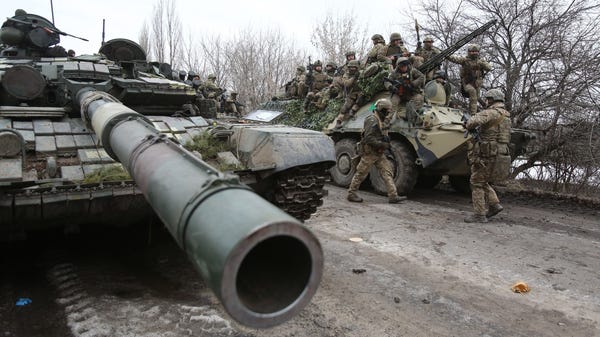
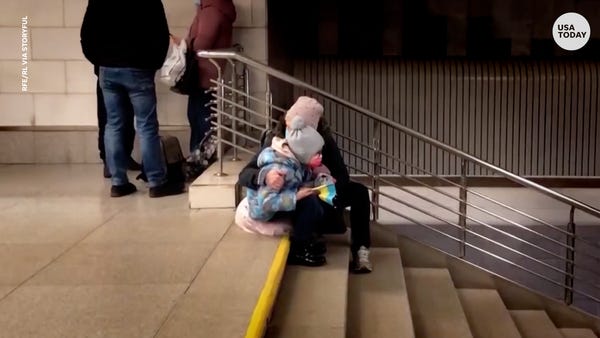
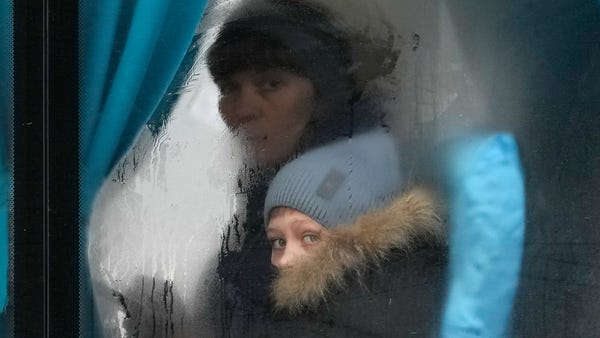
No comments:
Post a Comment